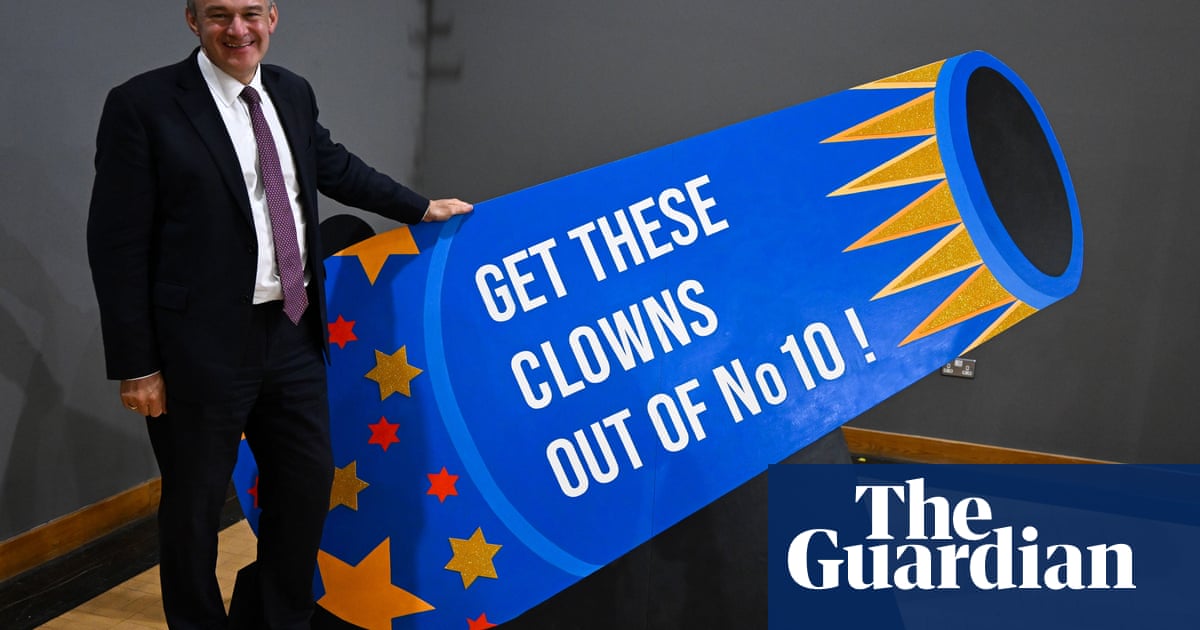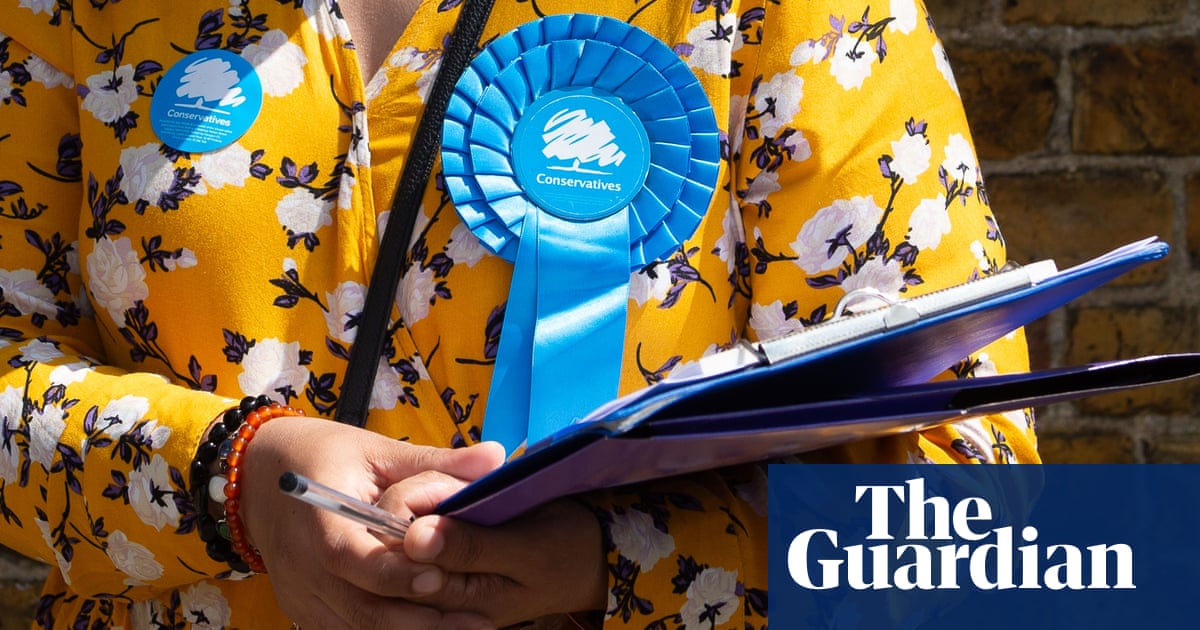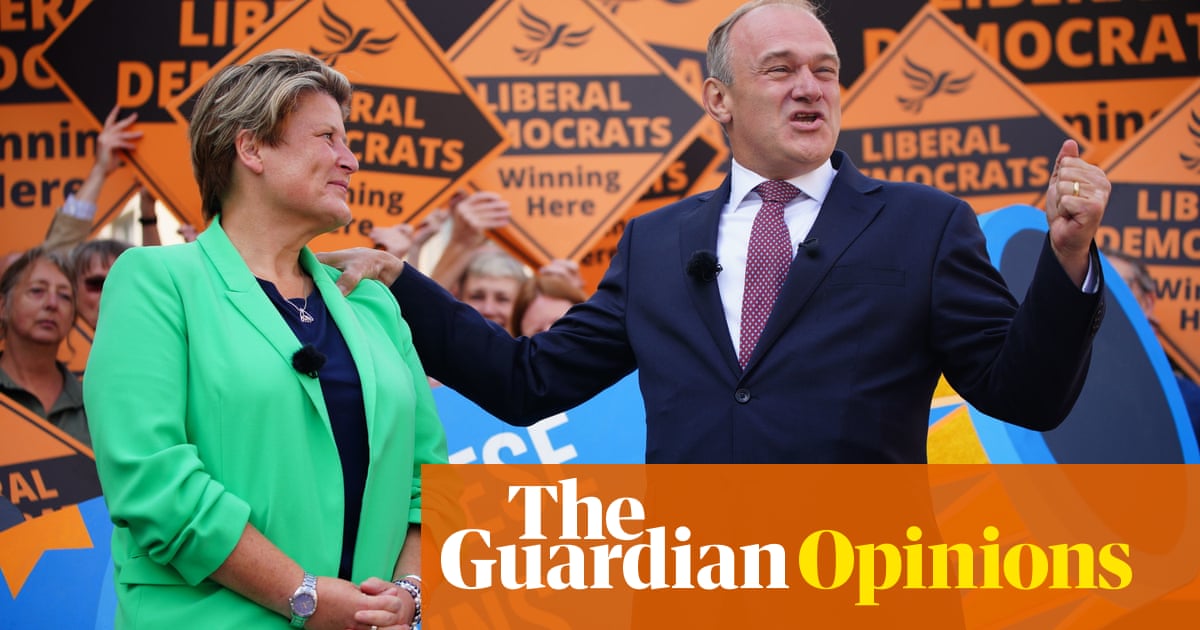
“Why don’t we take the UK’s third-biggest party seriously?” says the headline in your print edition on Martin Kettle’s article (Frank Field saw benefit in the Lib Dems. In this election year, Labour would be wise to do the same, 25 April). It is a question that many of us within the party have been attempting to answer for a long time. Even if most of the electorate does not interest itself in the depths of political philosophy, a party has to have a rigorous ideological position that gives it a vision of the kind of society it campaigns for. Only this encourages concerned individuals to commit themselves to working sacrificially for years in the political jungle.
Despite the existence of a Liberal-shaped gap in British society today, in which, as Fraser Nelson of the Spectator stated recently, we have “two conservative parties”, the Liberal Democrats have failed to express and present the historical Liberal position as a non-statist radical party. Its last significant document setting out its values and philosophy was in 2002. Today its appeal is directed at Conservative seats and relies on the deep unpopularity of the Conservative party for any success. Its pathetic performance at the recent Rochdale byelection – a constituency the party won as recently as 2001 and almost won back in 2010 – demonstrated its lack of a broader positive appeal.
The values that came to the fore in the Covid lockdown are essentially Liberal: solidarity between individuals, the value of community support, the importance of the public sector, and the necessity of an international response. The Liberal Democrats have so far failed to focus their appeal to these values that are latent within the broad electorate. They could still do so.
Michael Meadowcroft
Leeds West Liberal MP, 1983-87
Over the past 70 years, the Lib Dems and their predecessors have presented themselves as a party of protest primarily aimed at disaffected supporters of the government of the day. Before then, Liberal party key thinkers such as David Lloyd George, John Maynard Keynes and William Beveridge offered realistic critiques of political and economic “certainties” and were profoundly instrumental in establishing the welfare state and postwar full employment. Such far-sightedness offers a model of political thinking and practice to all who want substantial change today.
In his column, Martin Kettle rightly highlights the important writings of David Marquand, a man of great analysis and vision. In Mammon’s Kingdom, he laid bare the devastating trajectory of UK politics and economics since 1979. Everyone interested in politics – left, centre or right – should read this book and, as they do, ask themselves how we stop this continuing catastrophe. Marquand’s death last week was a very severe loss for us all.
Paul Lally
Liverpool
Maybe people don’t take the Lib Dems seriously because of the sense that the party is opportunistic, a fact that manifested itself in 2010. Under Nick Clegg, it couldn’t move fast enough to form a coalition government, which went on to inflict the cruel and callous economic austerity measures that reverberate to this day. The Lib Dems are, and always have been, anything to anyone, depending on which way the wind is blowing.
Gordon Vassell
Hull
“Progressives” remember that the only time the Lib Dems were in government in the last 80 years, they voted for massive cuts to public services and council funding, and a tax on poorer people’s bedrooms, among many other catastrophes, for which we’re all paying a price. And don’t get me started on Vince Cable’s fire sale of Royal Mail. The question Martin Kettle should be asking is: “How is this disgraceful outfit still going?”
Peter Loschi
Oldham, Greater Manchester












